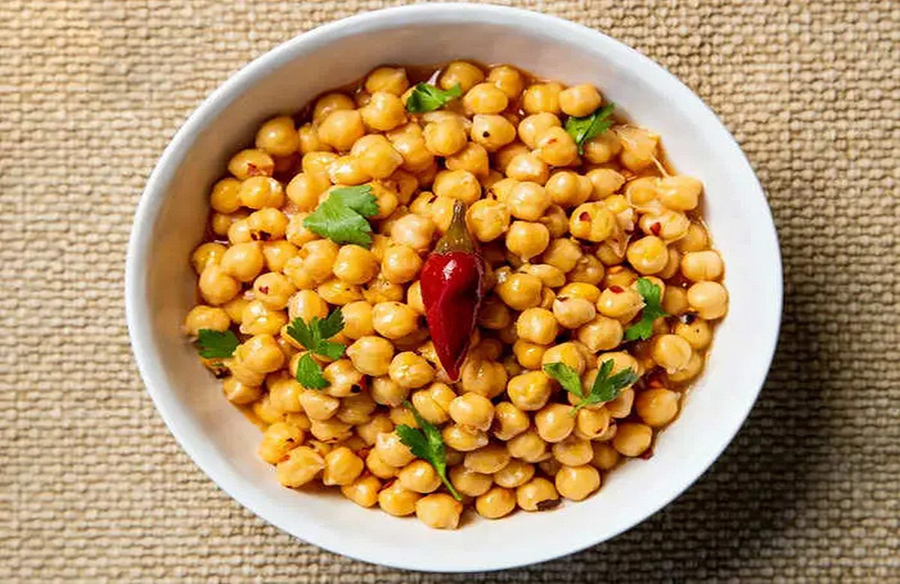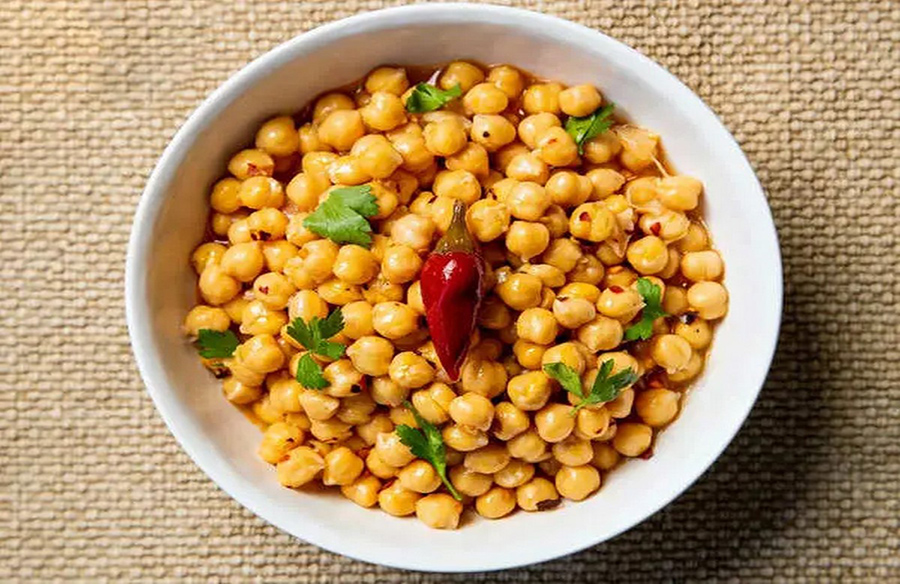In the realm of spices and seasonings, celery seeds often remain an underappreciated treasure. Despite their small size, these seeds not only enhance the flavors of dishes but also offer a plethora of health benefits. Let’s delve into what celery seeds are, their nutritional value, health advantages, culinary applications, types, purchasing and storage tips, as well as precautions and potential side effects.
Understanding Celery Seeds
Celery seeds, scientifically known as Apium graveolens, are the tiny, brown seeds extracted from the wild celery plant. Unlike the familiar celery stalks, celery seeds possess a much more concentrated flavor, often described as earthy, slightly bitter, and reminiscent of celery, albeit intensified.
Nutritional Value
Despite their minuscule size, celery seeds boast significant nutritional value. In just a one-teaspoon (2 grams) serving, you’ll find:
- Calories: 5
- Carbohydrates: 1 gram
- Fiber: 1 gram
- Protein: 0 grams
- Fat: 0 grams
- Calcium: 15 mg
- Iron: 0.2 mg
Health Benefits
Celery seeds offer various health benefits, including:
- Anti-Inflammatory Properties
- Blood Pressure Regulation
- Antioxidant Effects
- Digestive Health Support
- Arthritis Relief
Culinary Uses
These versatile seeds can be used in a multitude of culinary creations:
- Seasoning Soups, Stews, and Sauces
- Pickling Homemade Pickles and Relishes
- Enhancing Salads like Coleslaw and Potato Salad
- Incorporating into Breads or Crackers for Added Flavor
Types of Celery Seeds
Celery seeds are available in two main types: whole seeds and ground seeds (celery seed powder). Whole seeds are typically used in pickling, while ground seeds are more suitable for seasoning dishes.
Purchasing and Storage
To ensure freshness, opt for celery seeds stored in airtight containers and store them in a cool, dark place away from direct sunlight and moisture. Properly stored, celery seeds can maintain their flavor for up to two years.
Precautions and Potential Side Effects
While generally safe when used in moderation, celery seeds may cause allergies or sensitivities in some individuals. Consult with a healthcare professional before incorporating celery seeds or supplements into your diet, especially if pregnant, nursing, or taking medication.
In conclusion, celery seeds are a versatile spice offering unique flavor profiles and potential health benefits. Whether seasoning dishes, pickling vegetables, or exploring new recipes, these tiny seeds can elevate your culinary creations. However, remember to consume them in moderation and consider individual dietary needs and sensitivities when adding celery seeds to your diet.










